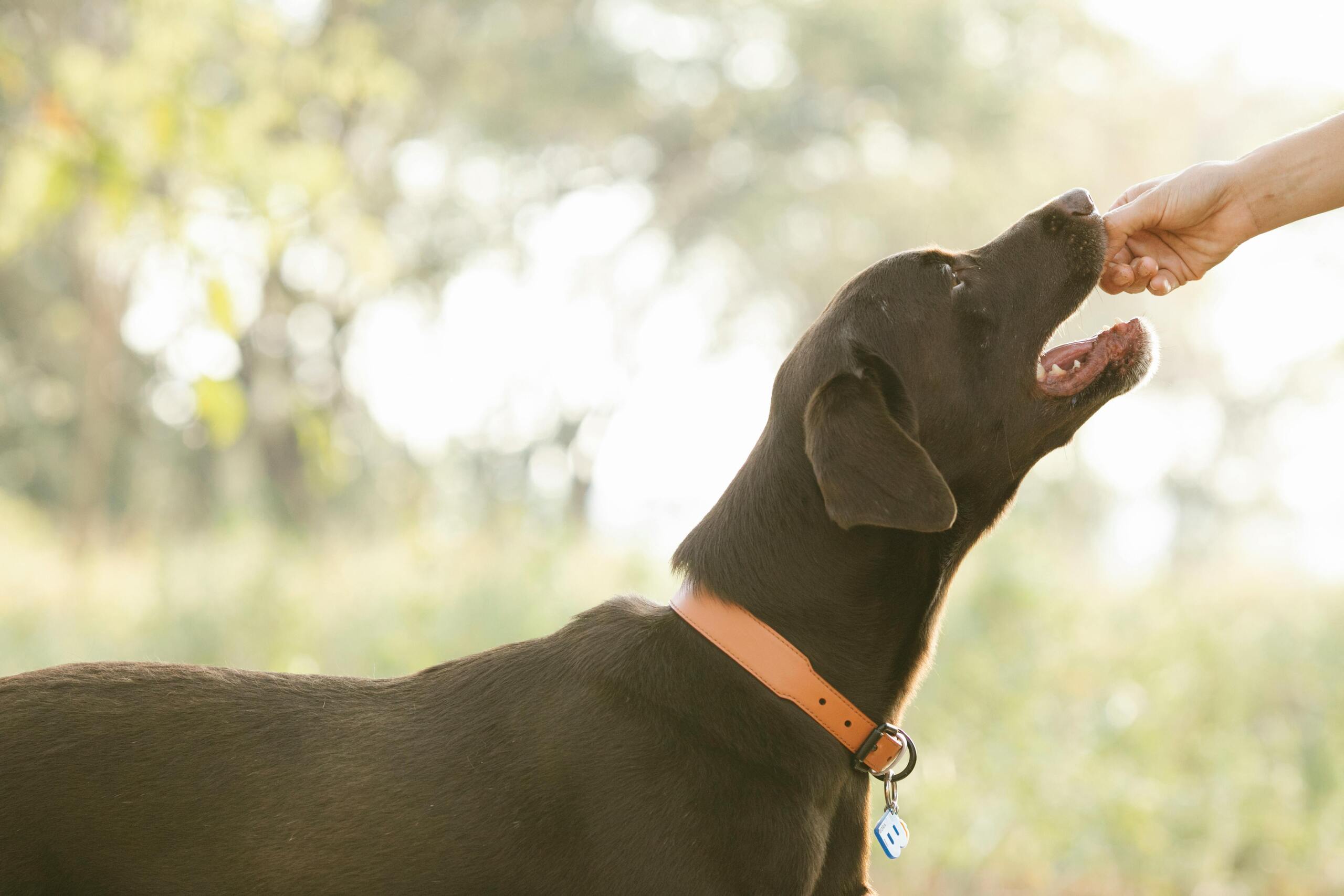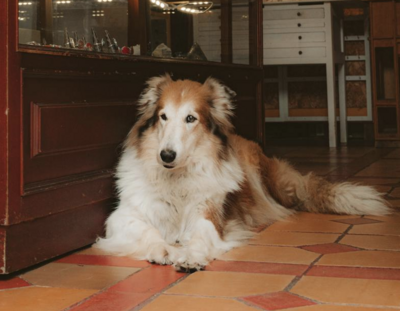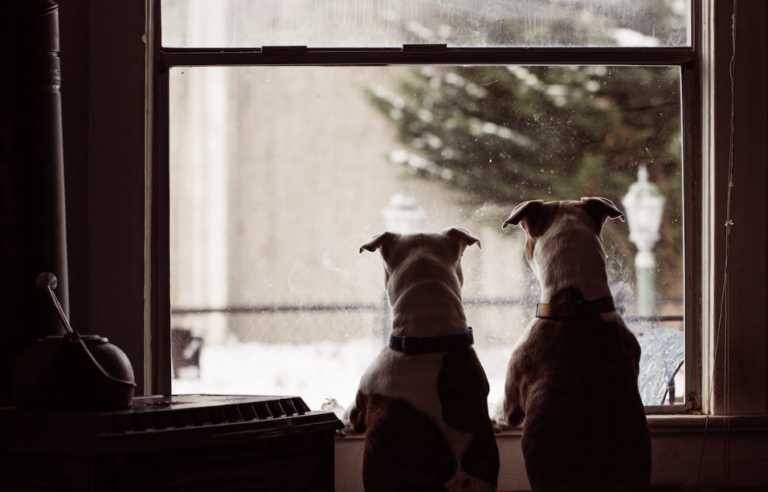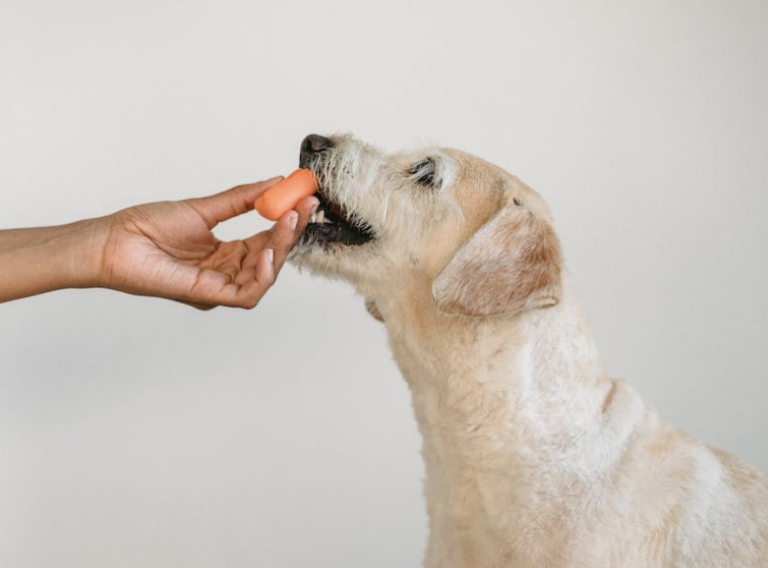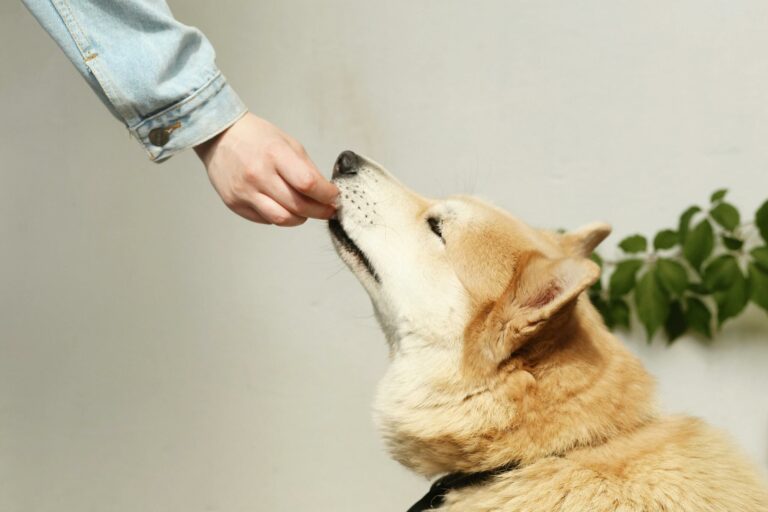7 Foods That May Be Bad for Your Dogs Health
7 Foods That May Be Bad for Your Dogs Health
Providing our furry friends with a healthy and well-balanced diet is only one of the many things we as pet owners try to do for them. But, things that seem harmless or even helpful to us humans could seriously endanger our dogs health.

7 Foods That May Be Bad for Your Dogs Health
1.Alcohol
Dogs can suffer greatly from alcohol, whether it comes from beer, wine, liquor, or meals that include alcohol. Alcohol intoxication can result from even tiny doses, and symptoms like nausea, depression, and even death can occur.
Compared to humans, dogs are far more sensitive to alcohol, and even a small amount can be fatal if consumed. Never give your dog alcohol-containing treats or give them access to unsupervised drinks.
2.Grapes and Raisins
Although the precise reason why grapes and raisins are harmful to dogs is unknown, these fruits can actually induce kidney failure in dogs. For certain dogs, a few bites are sufficient to result in serious issues.
Raisin or grape poisoning can cause vomiting, diarrhea, appetite loss, variations in the volume of urine discharged, or perhaps no urine at all.
3.Chocolate
During the holidays, one of the most frequent causes of pet poisoning is chocolate toxicity. Theobromine is a deadly ingredient in chocolate, is found in greater quantities in darker chocolate.
In addition to caffeine, some sugar-free chocolate may include the poisonous substance xylitol, which is harmful to dogs health.
4.Onion and Garlic
Garlic and onions are members of the allium family and contain substances that can harm a dog’s red blood cells, resulting in hemolytic anemia. Toxic effects of onions or garlic on dogs can include fatigue, drowsiness, pale gums, diarrhea, vomiting, and black urine.
Even though tiny doses might not hurt right away, repeated or sustained exposure can be harmful. Keep foods containing alliums safely out of your dog’s reach, and refrain from giving them leftovers or meals that have been seasoned with onions or garlic.
5.Caffeine
Caffeine comprises methylxanthine compounds. If your dog unintentionally swallows coffee grounds or drinks anything that contains a lot of caffeine, his heart can start racing. Seizures, abnormal heartbeats, vomiting, and diarrhea could all result in death.
6.Cooked Bones
Dogs may like chewing on bones, especially those derived from meat products, but there are serious health dangers associated with bone consumption. Especially cooked bones have the potential to splinter and result in gastrointestinal obstructions, perforations in the digestive tract, or choking.
Bones can also break teeth or become stuck in the throat or mouth. Give your dog safer options like dental chews or specifically made chew toys instead of bones to gnaw on.
7.Macadamia Nuts
Eating macadamia nuts may cause impacts on the nervous system and muscles in your dog or cat. Because even a small amount of these nuts can result in symptoms including weakness, vomiting, tremors, and heat, they are especially deadly for dogs health.
Even though some nuts may not be poisonous immediately, pets may nonetheless develop pancreatitis or digestive issues as a result of their high-fat content. It’s advisable to completely refrain from providing them to dogs.
3 Food that is Good for Dogs Health
1.Protein
Protein is essential for your dogs health, muscular growth, and general energy levels. For your dog’s health, lean protein sources such as cooked chicken, turkey, lean beef, and fish are great choices.
Make sure the meat is cooked all the way through when preparing it for your dog to reduce the possibility of bacterial contamination. Before serving, take out any excess fat, bones, or skin.
2.Veggies
Carrots, green beans, broccoli, and sweet potatoes are a few veggies that are good for dogs and safe to eat. These veggies are a great addition to your dog’s meals because they are high in nutrients and low in calories.
Vegetables can be served raw, steamed, or cooked; however, do not add any flavors or spices—like onions or garlic—that might be toxic to dogs.
3.Fruits
Some fruits can provide your dog with vitamins, antioxidants, and fiber, making them a delightful and healthful treat. Dogs can safely consume apples, bananas, watermelon, blueberries, and bananas in moderation as occasional treats.
When giving fruits to your dog, don’t forget to remove the seeds, pits, and cores as these components may contain toxic substances.
Final Thoughts
It’s important for us to be aware of the meals we feed our dogs as responsible pet owners. We can prevent our pets from suffering by being aware of the possible risks connected to particular diets.
Always store potentially dangerous foods in a secure location, use caution when giving table scraps, and make sure your dog is eating a diet high in wholesome, safe foods.
It is imperative that you seek quick veterinarian assistance if you fear your dog has consumed any hazardous substance or is exhibiting symptoms of poisoning. We can contribute to the happy and healthy lives of our animal pets with the right information and care.

